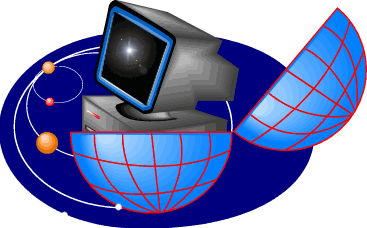
World Wide Web
THE INTERNET
"The World Wide Web is an information space where documents and other web resources are identified by Uniform Resource Locators, interlinked by hypertext links, and can be accessed via the Internet."
- Wikipedia






The early web community produced some revolutionary ideas that are now spreading far beyond the technology sector:
-
Decentralisation: No permission is needed from a central authority to post anything on the web, there is no central controlling node, and so no single point of failure … and no “kill switch”! This also implies freedom from indiscriminate censorship and surveillance.
-
Non-discrimination: If I pay to connect to the internet with a certain quality of service, and you pay to connect with that or a greater quality of service, then we can both communicate at the same level. This principle of equity is also known as Net Neutrality.
-
Bottom-up design: Instead of code being written and controlled by a small group of experts, it was developed in full view of everyone, encouraging maximum participation and experimentation.
-
Universality: For anyone to be able to publish anything on the web, all the computers involved have to speak the same languages to each other, no matter what different hardware people are using; where they live; or what cultural and political beliefs they have. In this way, the web breaks down silos while still allowing diversity to flourish.
-
Consensus: For universal standards to work, everyone had to agree to use them. Tim and others achieved this consensus by giving everyone a say in creating the standards, through a transparent, participatory process at W3C.
New permutations of these ideas are giving rise to exciting new approaches in fields as diverse as information (Open Data), politics (Open Government), scientific research (Open Access), education, and culture (Free Culture). But to date we have only scratched the surface of how these principles could change society and politics for the better.
In 2009, Sir Tim established the World Wide Web Foundation. The Web Foundation is advancing the Open Web as a means to build a just and thriving society by connecting everyone, raising voices and enhancing participation.
Please do explore our site and our work. We hope you’ll be inspired by our vision and decide to take action. Remember, as Tim tweeted during the Olympics Opening Ceremony in 2012, “This is for Everyone”.
CREDIT: https://webfoundation.org/about/vision/history-of-the-web/




